About us
The Committee of Recommendation
The Committee of Recommendation (CoR) consists of Dutch and foreigners who wholeheartedly support the initiative to make a documentary about an ‘Unconditional and Universal Basic Income’. The CoR calls on interested parties (individuals, NGOs, companies, etc.) to support the Foundation if they are interested in this project. This can be done, for example, by contributing knowledge or contacts, but also by making a financial donation. The available financial resources partly determine the choices that will be made to, for example, visit and interview people of interest worldwide. Of course we will work as much as possible via the internet.
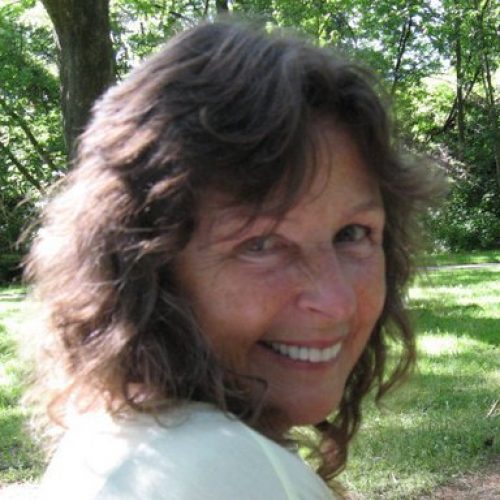
Dr. Lisinka Ulatowska
- Description
- More information
dr. Lisinka Ulatowska, PhD, has a Masters Degree in German from the University of California, Berkeley, and a PhD in Clinical Psychology from the Union Graduate School (now the Union University and Institute). Ultimately, she specializes in Transpersonal Psychotherapy. She co-founded the Columbia University Center for Integrative Psychology in the 1970s with Robert Rasmusson. Lisinka has represented a number of Non Governmental Organizations at the UN over the years, such as the World Federalists, Paz y Cooperation, the International Emissaries, the Institute for Planetary Synthesis and the Association of World Citizens. She has devoted most of her life to this. She is fascinated by the art of connection, and how it helps people find a deeper meaning in their personal life and in their relationship, but also in their relationship with the Natural Source.
dr. Lisinka Ulatowska is an author and UN NGO representative, working for ‘The Association of World Citizens’ and ‘The Institute for Planetary Synthesis’, among others. She is the author of, among others, ‘The Handbook for Effective Global Action’, and the books ‘Crossroads 2000’ and the novels ‘Conspiracy Together’ and ‘Fearless’. Both novels vividly illuminate the inner and outer dimensions of how people can grow and change, so that readers can begin to apply these tools in their own lives.
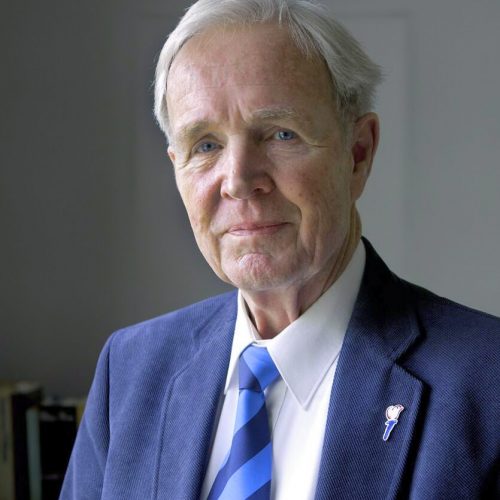
Dr. Jan Terlouw
- Description
- More information
Dr. Jan Terlouw (89) is a physicist and during his life he was a municipal councilor, party leader of D66, Member of the House of Representatives, Minister of Economic Affairs, Secretary General, Queen’s Commissioner in Gelderland and from 1999 a Senator in the Senate for several years. For the last 10 years he has mainly focused on the question; ‘How do we survive our future?’ As a visionary, he regularly expresses his grave concerns about CO2 emissions, the associated Climate Crisis, about biodiversity, the pandemic, drug crime, social hardening, global tensions, the food crisis we are heading for, etc., etc.
“All that is needed now is the courage to implement structural changes on a large scale after the Corona crisis,” says Jan Terlouw.
Click for a beautiful interview.
More information;
https://nl.wikipedia.org/wiki/Jan_Terlouw)
Click for an interview with Jan Terlouw (video).
Click here for a emtional interview with Jan Terlouw (video)
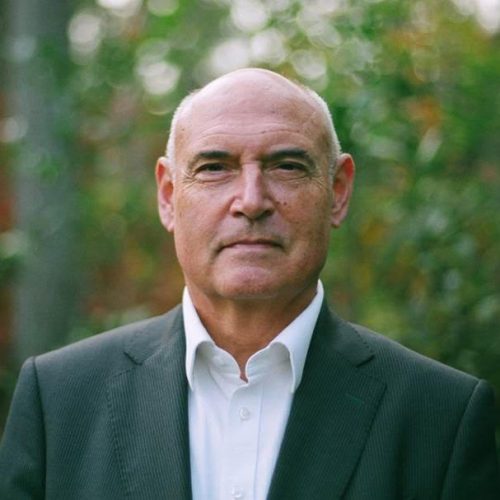
Dr. Herman Wijffels
- Description
- More information
Dr. Herman Wijffels (13 March 1942) is a Dutch economist. From 1986 to 1999 he was CEO of Rabobank, a dutch Bank. From 1999 to 2006 he was chairman of the Social and Economic Council, the most important advisory body to the Dutch government. From 2006 to November 2008 Herman Wijffels was administrator at the World Bank. In 2006 he also laid the foundations for the Balkenende IV Cabinet as an informant. In April 2009, Wijffels, together with Sylvia Borren, became co-chairman of Worldconnectors, a Dutch think tank committed to a sustainable, peaceful and just world. From June 2009 he was professor of sustainability and social change’ at Utrecht University. In 2011, he co-founded the Sustainable Financial Lab, which investigates alternatives to the current financial system.
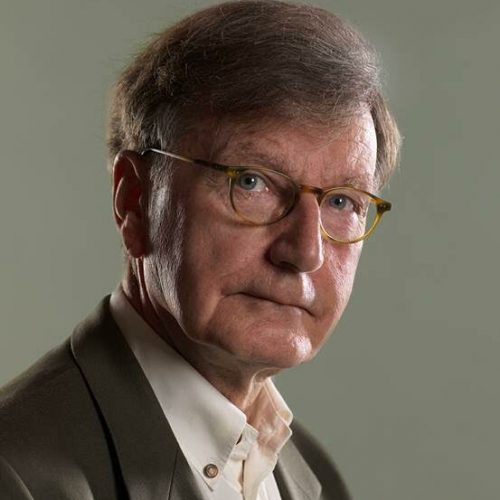
Prof. dr. Klaas van Egmond
- Description
- More information
Prof. dr. Dr Klaas van Egmond is professor of Geosciences (in particular Environmental Sciences and Sustainability) at Utrecht University. After his studies at the Agricultural University of Wageningen, Van Egmond joined the National Institute for Public Health and Environment in 1972. He led research into air pollution and research into soil and groundwater in the Netherlands. In 1989 he became director of the Environment department at the National Institute for Public Health and Environment. After the privatization of this part, he became the first director of the new Environmental and Nature Planning Office, which merged in 2008 with the Spatial Planning Office to form the Planning Office for the Living Environment. In 1995 Van Egmond was appointed professor by special appointment of Environmental Sciences at Utrecht University. In 2006 he held the annual Erasmus Lecture entitled Europe, Erasmus and the Sustainable World. Since 2008, he has been a Faculty Professor at the Faculty of Geosciences of this University with the assignment of Environmental Sciences, especially changes in terrestrial systems. Since 2009 he has also been an advisor to Triodos Bank in the field of sustainability. In 2011, he co-founded the Sustainable Finance Lab at Utrecht University.
https://nl.wikipedia.org/wiki/Klaas_van_Egmondhttps://www.klaasvanegmond.nl
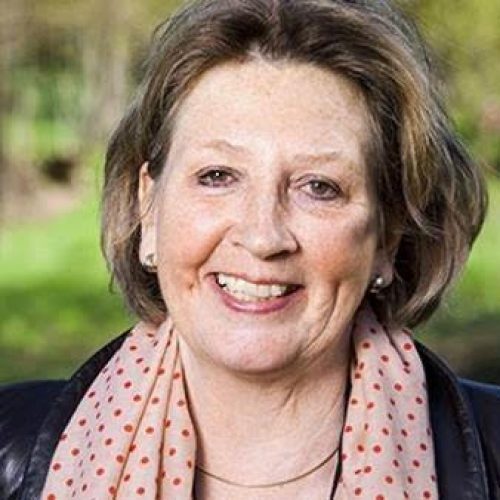
Prof. dr. Machteld Huber
- Description
- More information
Health consists of more than the absence of disease. The Institute For Positive Health – founded by Machteld Huber – wants to move from that vision to ‘positive health with six dimensions’. They developed a scoring instrument for this. With this you give your conversation partner (or yourself) a score of how satisfied he or she is with the performance on the 6 axes. This creates insight into the ‘health surface’. Learn more at ipositivehealth.com
